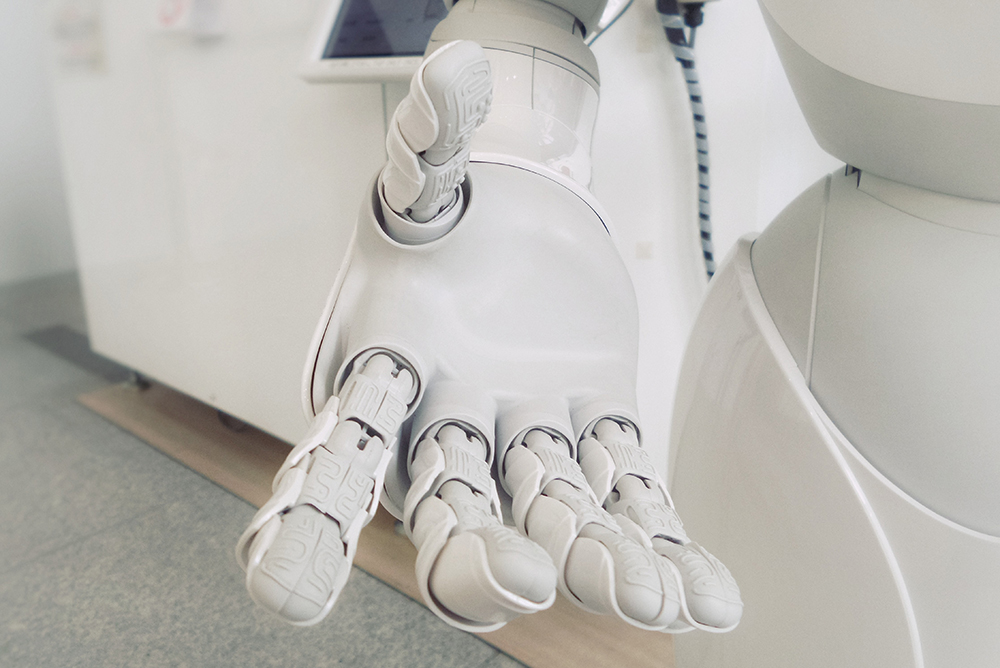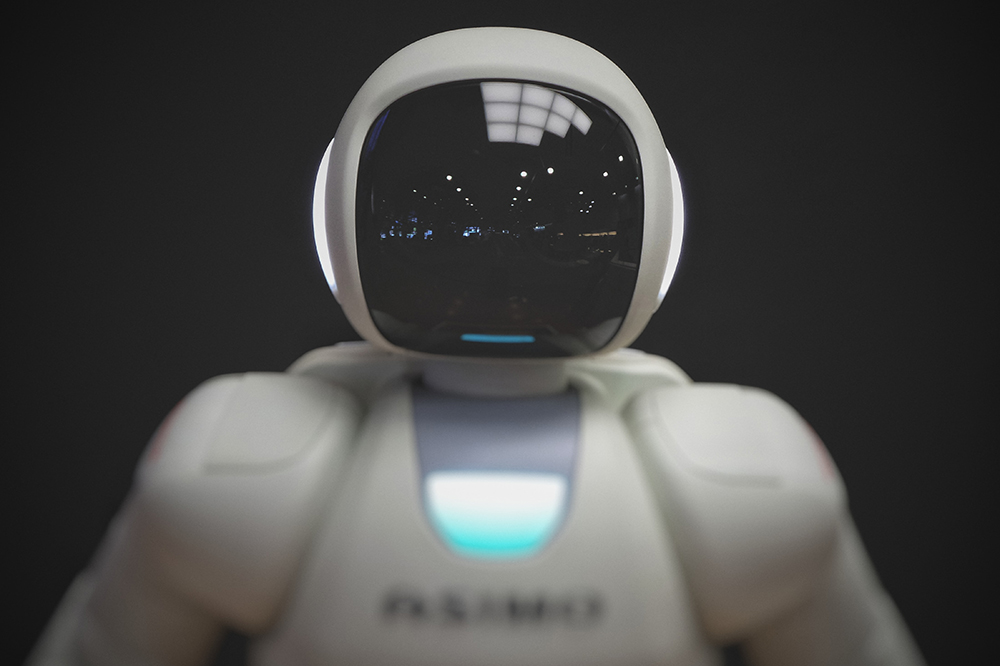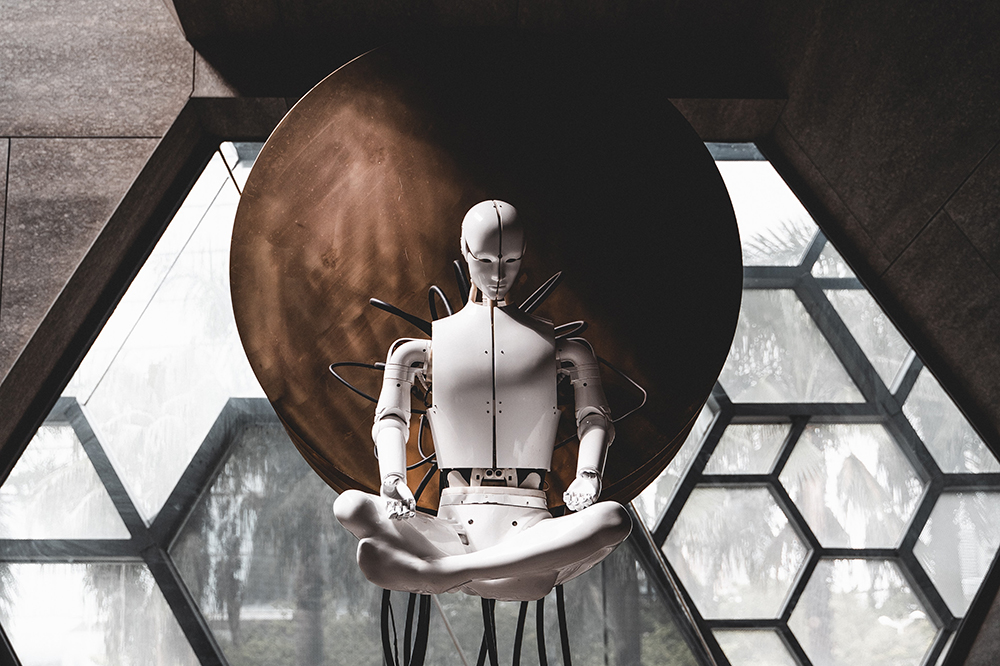“HASLER RESPONSIBLE AI” is a research program of the Hasler Foundation open to research institutions within the higher education sector or non-commercial research institutions outside the higher education sector. The foundation explains the goals of the program in a call for project proposals: “The HASLER RESPONSIBLE AI program will support research projects that investigate machine-learning algorithms and artificial intelligence systems whose results meet requirements on responsibility and trustworthiness. Projects are expected to seriously engage in the application of the new models and methods in scenarios that are relevant to society. In addition, projects should respect the interdisciplinary character of research in the area of RESPONSIBLE AI by involving the necessary expertise.” (CfPP by Hasler Foundation) Deadline for submission of short proposals is 24 January 2021. More information at haslerstiftung.ch.
About the “Handbuch Maschinenethik”
The “Handbuch Maschinenethik” (ed. Oliver Bendel) was published by Springer VS over a year ago. It brings together contributions from leading experts in the fields of machine ethics, robot ethics, technology ethics, philosophy of technology and robot law. It has become a comprehensive, exemplary and unique book. In a way, it forms a counterpart to the American research that dominates the discipline: Most of the authors (among them Julian Nida-Rümelin, Catrin Misselhorn, Eric Hilgendorf, Monika Simmler, Armin Grunwald, Matthias Scheutz, Janina Loh and Luís Moniz Pereira) come from Europe and Asia. They had been working on the project since 2017 and submitted their contributions continuously until it went to print. The editor, who has been working on information, robot and machine ethics for 20 years and has been doing intensive research on machine ethics for nine years, is pleased to report that 53,000 downloads have already been recorded – quite a lot for a highly specialized book. The first article for a second edition is also available, namely “The BESTBOT Project” (in English like some other contributions) …
New Journal on AI and Ethics
Springer launches a new journal entitled “AI and Ethics”. This topic has been researched for several years from various perspectives, including information ethics, robot ethics (aka roboethics) and machine ethics. From the description: “AI and Ethics seeks to promote informed debate and discussion of the ethical, regulatory, and policy implications that arise from the development of AI. It will focus on how AI techniques, tools, and technologies are developing, including consideration of where these developments may lead in the future. The journal will provide opportunities for academics, scientists, practitioners, policy makers, and the public to consider how AI might affect our lives in the future, and what implications, benefits, and risks might emerge. Attention will be given to the potential intentional and unintentional misuses of the research and technology presented in articles we publish. Examples of harmful consequences include weaponization, bias in face recognition systems, and discrimination and unfairness with respect to race and gender.
Gates and Jones Ask Big Questions
Bill Gates will start his own series of podcasts on 16 November 2020. The title is “Bill Gates and Rashida Jones Ask Big Questions”. In a YouTube video (as well as in a description of the video) he and his partner explain what it’s all about. According to the description, the podcasts pair “Bill Gates with actress and writer Rashida Jones to tackle some of the biggest questions facing us today”: “Is it too late to solve climate change? Does everybody lie? Is inequality inevitable? Join them for deep dives into these questions” (YouTube, 12 November 2020). The podcasts will be available on Apple Podcasts and other services. Gates plans to give an overview on his own blog GatesNotes of all the episodes that have run so far, not to forget a transcript of each episode. Certainly there will also be statements on robotics and artificial intelligence – at least some episodes will deal with the modern workplace. Can one hope to get big answers to big questions? The future will show.
Swiss Space Days 2020
The Swiss Space Days offer – according to the responsible persons – a platform to exchange experiences and to support cooperation. It is possible to listen to prominent speakers involving ESA directors, representatives of Swiss companies and of the Large European System Integrators. “A high level panel is closing the morning session of the first day. In the afternoon of the first Day, a session will cater to the needs of companies and a parallel session will address the interests of the scientific community. The second day is dedicated to space applications and downstream services using Earth Observation, Telecom and/or Navigation data. A panel with representatives of institutional programmes and of user companies will conclude the Swiss Space Days …” (Website Swiss Space Days) On the marketplace there are several offers and requests for partnerships and research cooperations, for example regarding IGLUNA (“IGLUNA is a platform gathering students from all around the world to demonstrate innovative space technologies”) and the voicebot SPACE THEA (“SPACE THEA is designed to accompany astronauts to Mars and to show them empathy and emotions.”). More information via ssd2020.b2match.io.




